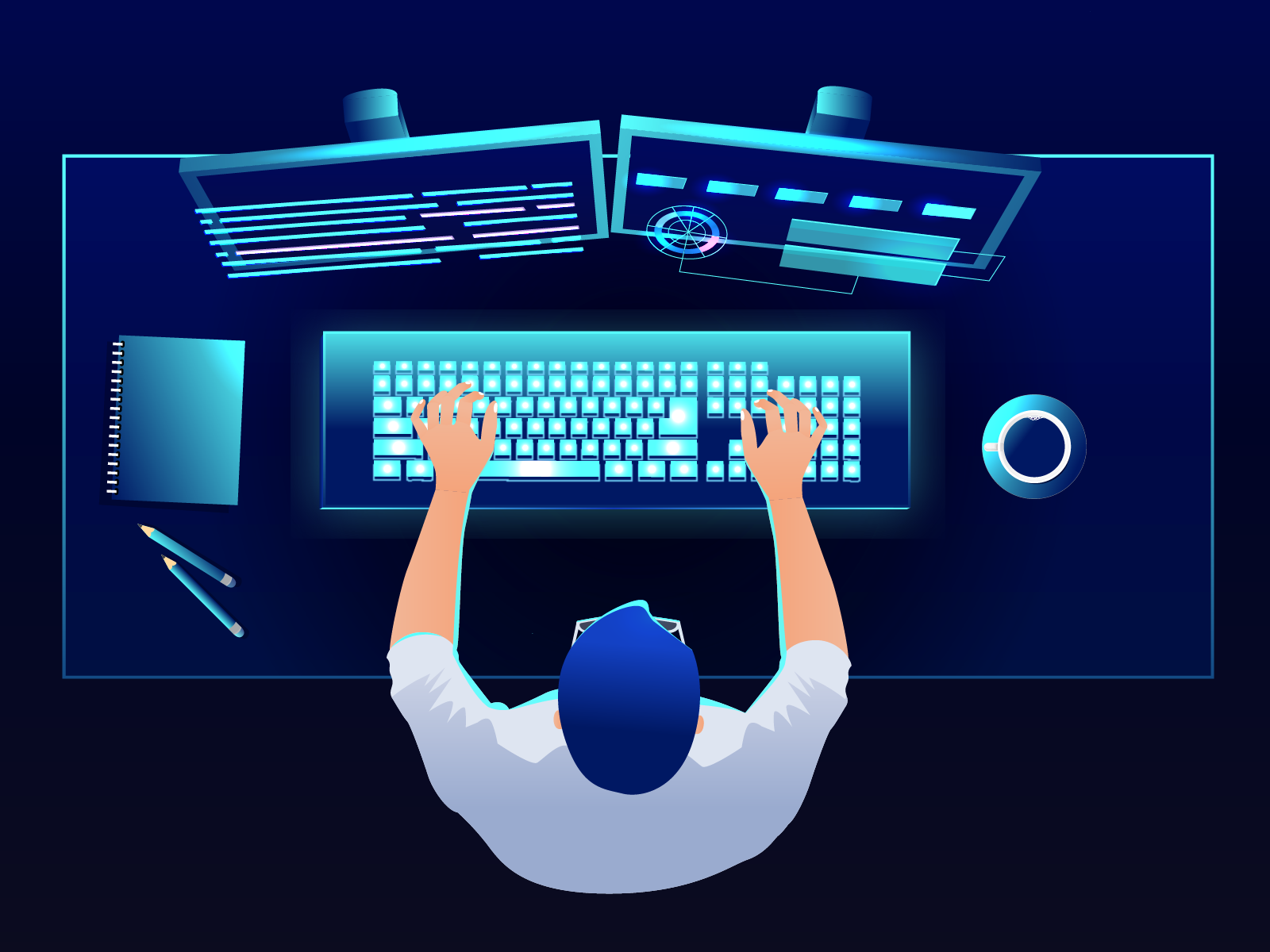The Developer’s Guide To Ethical And Responsible AI Development

Executive Summary

As artificial intelligence (AI) advances, it is essential to consider the ethical and responsible implications of its development and deployment. This guide provides developers with a comprehensive overview of the ethical principles and best practices to ensure that AI systems are developed and used in a way that benefits society and minimizes harm.

Introduction
The rapid development of AI technologies has brought immense opportunities for innovation and progress. However, with great power comes great responsibility. It is crucial that developers embrace ethical and responsible principles to ensure that AI systems are developed and used in a way that aligns with societal values and promotes human well-being.
Key Ethical Considerations
1. Privacy and Data Protection
- Data minimization: Limit the collection and use of personal data only to what is strictly necessary for the intended purpose.
- Transparency: Disclose how personal data is collected, processed, and used, and provide individuals with meaningful control over their data.
- Security: Implement robust security measures to protect personal data from unauthorized access, use, and disclosure.
2. Fairness and Bias
- Algorithmic fairness: Design algorithms to be free from biases that could lead to unfair outcomes for certain individuals or groups.
- Transparency and accountability: Ensure that the rationale behind algorithmic decisions is transparent and that individuals can challenge and appeal any adverse outcomes.
- Inclusion and diversity: Involve individuals from diverse backgrounds in the design and development process to mitigate biases.
3. Transparency and Accountability
- Transparency: Make AI systems understandable and explainable to users and stakeholders.
- Accountability: Establish mechanisms to hold developers and users accountable for the actions and consequences of AI systems.
- Governance and regulation: Establish guidelines, standards, and regulations to govern the development and use of AI.
4. Safety and Security
- Risk assessment: Conduct thorough risk assessments to identify and mitigate potential safety and security risks.
- Secure development practices: Implement best practices for software security to minimize vulnerabilities and protect against malicious use.
- Incident response planning: Establish clear procedures for responding to and remediating security incidents involving AI systems.
5. Societal Impact
- Beneficence: Develop AI systems that are primarily designed to benefit society and promote human well-being.
- Non-maleficence: Avoid creating AI systems that could cause harm or exacerbate existing社會問題.
- Justice: Ensure that AI systems are accessible, affordable, and equitable for all members of society.
Conclusion
Ethical and responsible AI development is a shared responsibility among developers, researchers, policymakers, and the general public. By embracing the principles outlined in this guide, developers can play a crucial role in ensuring that AI systems are developed and used in a way that benefits society, respects human rights, and promotes the common good.
Keyword Phrase Tags
- Ethical AI
- Responsible AI Development
- AI Ethics
- Algorithmic Fairness and Bias
- Privacy and Data Protection

This article provides a comprehensive guide on ethical AI development. It highlights the significance of transparency, fairness, and accountability in ensuring AI’s responsible use. As a developer, I appreciate the practical advice on implementing ethical principles into my projects.
While the intentions of this article are noble, I remain skeptical about the efficacy of ethical guidelines in the AI realm. History has shown that lofty ideals often clash with the realities of commercialization and competition. Unless there are stringent regulations and enforcement mechanisms, I fear these principles will be relegated to mere lip service.
This guide offers valuable insights into the ethical considerations involved in AI development. The emphasis on inclusivity, bias mitigation, and privacy protection is particularly important. By incorporating these principles, developers can create AI systems that are both powerful and socially responsible.
The article presents a somewhat simplistic view of AI ethics. It fails to acknowledge the inherent trade-offs and complexities involved. For instance, the pursuit of privacy may conflict with the need for data-driven innovation. Ethical AI development requires a nuanced understanding of these challenges and a willingness to engage in difficult conversations.
Oh, the irony! An article about ethical AI development written in a tone deaf manner. It’s like the pot calling the kettle black, don’t ya think? The typos and grammatical errors are distracting and undermine the credibility of the content presented. Ethical AI development starts with attention to detail, my friends.
Sure, let’s all sing kumbaya and pretend that ethical AI development is a breeze. The reality is, when the chips are down, developers will prioritize profit over principles. It’s just human nature. So, let’s not kid ourselves with lofty ideals and focus on practical solutions that can actually make a difference.
I couldn’t help but chuckle at the suggestion that AI developers should be the guardians of ethics. It’s like asking a fox to guard the henhouse! Most developers are just trying to build cool things and make a buck. The burden of ethics shouldn’t fall solely on their shoulders. Let’s involve philosophers, ethicists, and policymakers in this conversation.
The principles outlined in this guide are essential for the responsible development of AI. By embracing transparency, fairness, and accountability, developers can create AI systems that empower individuals, advance society, and protect the planet. It’s up to us, as developers, to ensure that AI remains a force for good.